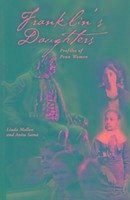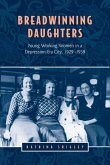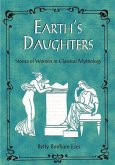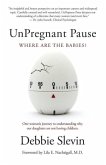Writing in 1749, Benjamin Franklin called for the creation of an educational institution in Philadelphia in which academic pursuits would be devoted to practical application for the greater good. That institution became the University of Pennsylvania. And while Franklin may not have anticipated it, since they first stepped onto campus the women of Penn have taken his concept of enlightened service and made it their own. This volume, published to mark the 125th anniversary of the first women students at Penn, depicts some of the struggles and successes of the University's female pioneers. While girls were part of Franklin's early affiliated Charity School, society at the time dictated their exclusion from more advanced study. But as the nineteenth century progressed, higher education for women gained ground in America and at Penn. By the 1920s, 17 different academic programs admitted women, and by the 1950s, the numbers of women on campus had increased dramatically—as students, as faculty, and as members of the University's board of trustees. Women were becoming an essential part of the Penn community. In his autobiography Franklin recounts his correspondence with a young friend "on the propriety of educating the female sex in learning and their abilities for study. He was of opinion that it was improper and that they were naturally unequal to it. I took the contrary side." In 2001 Penn has proven Franklin's early instinct correct, and what was once a trickle of women scholars has become a flood. Immersed in the egalitarian Penn of today, female students might take their advantages for granted. They are actively creating their own history, but they are also continuing a valuable collective tradition—Franklin's daughters all.
Hinweis: Dieser Artikel kann nur an eine deutsche Lieferadresse ausgeliefert werden.
Hinweis: Dieser Artikel kann nur an eine deutsche Lieferadresse ausgeliefert werden.








